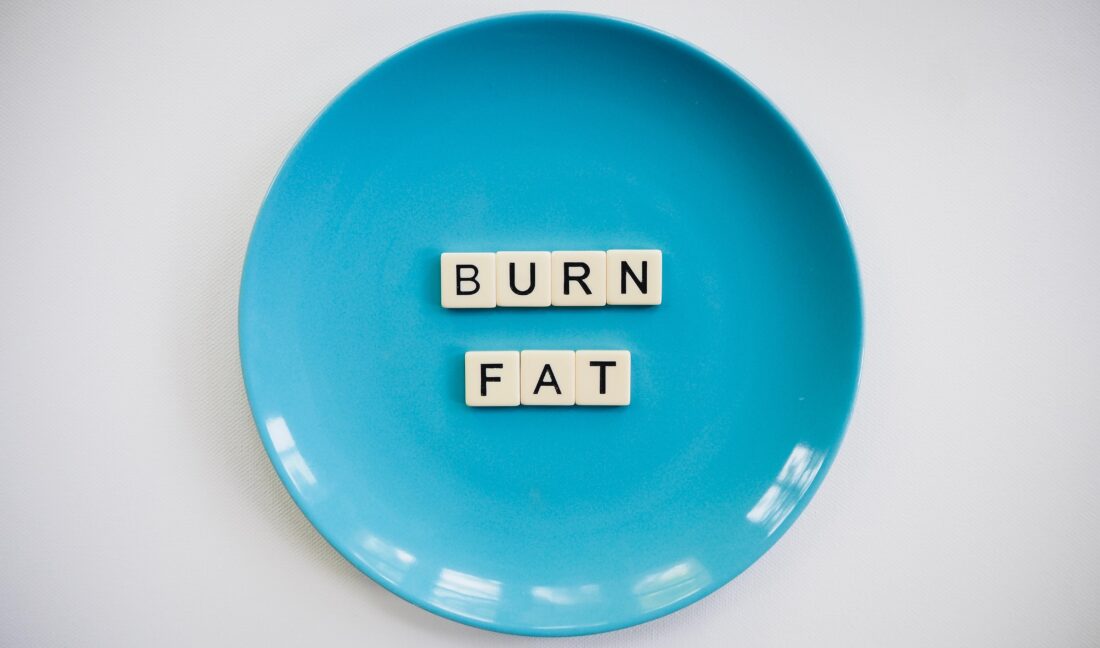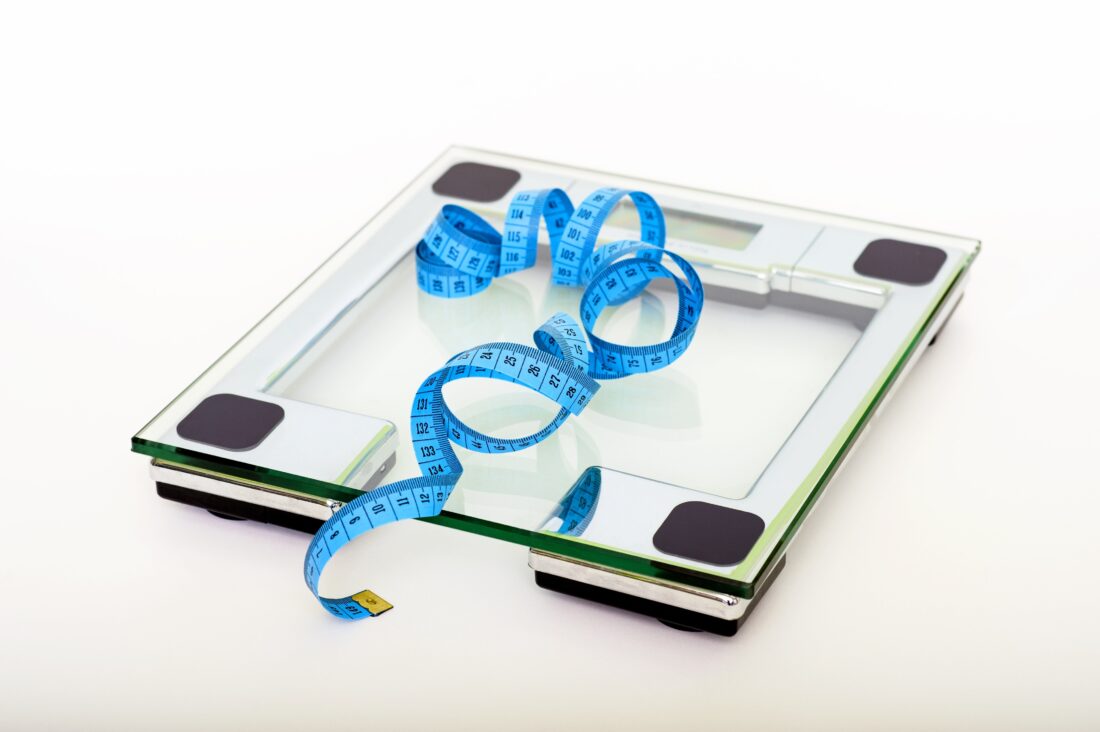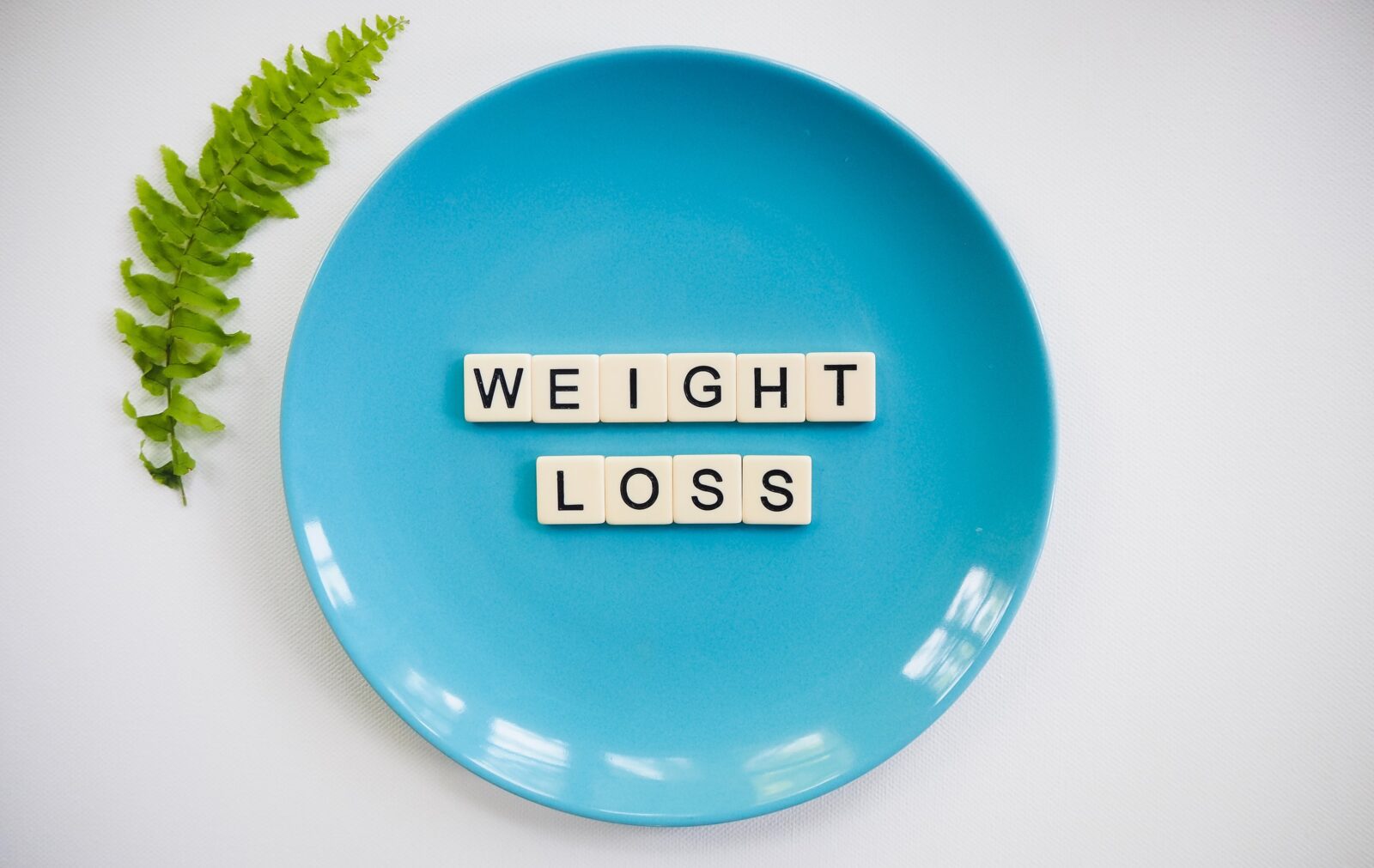
Many weight loss programs claim to help you lose weight quickly and easily. Let’s start by learning the difference between ‘weight loss’ and ‘fat loss’.
Weight loss refers to an overall decrease in the body weight from muscle, fat and water. Fat loss is more accurate in terms of what people actually mean when they say they want to lose weight.
You don’t want to lose muscle. Muscle loss can be detrimental, as muscle is a crucial component of your overall health because of its several benefits. What you want is to lose the unhealthy fat stored in your body. A body fat scale can provide a more accurate picture of your body composition by measuring the percentage of fat and muscle you have.
To lose faT
3 Mistakes You Have To Avoid At Any Cost
1. Don’t do hours of cardio, instead focus on strength training (even for women). It will improve your metabolism and increase your BMR.
2. Eat an adequate amount of FIRST CLASS Protein. Not all protein is the same. So eating protein in the correct quantities and of the right quality is super important.
3. Do not underestimate sleep. This is the time when all the magic happens. Your body is healing and building while you are sleeping. So focus on how you can improve your sleep for better results.
AND
3 Fitness Myths You Need To Stop Believing
1. You can target belly/thigh fat. Absolute bullshit, we cannot target any body fat, we can target only muscles.
2. If you exercise you don’t need to focus on diet. You cannot eat unhealthy food and expect to simply burn it off when you exercise. If this worked everyone who exercises would be lean.
3. The more I sweat the more fat I am burning. If this was true more people would be in a steam and sauna room rather than a gym. Sweat is just your body trying to cool you down when your body is heated up during the workout.
WHAT TO DO WHEN YOUR SCALE STOPS BUDGING
This means you’ve hit a weight-loss plateau. Here are some tips that will help you move that scale in the right direction again.
1. Cut your calories. Cutting your calories down by 100-200 should help.
2. Increase your activity level. If your workout consists of Walking for 30 minutes. You should now switch to walking for 30 minutes & Jogging for an extra 10 minutes. THIS REALLY HELPS!
3. Go on a maintenance calorie diet. Yes, if you’ve been on a calorie deficit for very long and if there’s no difference in your weight, it’s time to increase your calorie diet as per your metabolic rate for one month and then start cutting it later on.
4. Focus on your sleep. Make sure you get a good 7-8 hours of sleep. Stress less and drink lots of water each day.
5. Don’t skimp on protein. If your weight loss has stalled, increasing your protein intake may help. First, protein boosts metabolic rate more than either fats or carbs.
Another reason for the scale to fluctuate could be eating too much. What happens after a meal when you eat too much?
Short-term effects: Acid reflux or heartburn, Feeling sluggish, Stomach discomfort, Elevated blood sugar.
When you eat, your stomach expands to hold what you have consumed. A stretched, or full stomach sends signals to the brain that you are full. Eating too much can cause the stomach to stretch past its normal capacity, leading to feeling overly full.
Long-term effects: Weight gain, Increased risk of type 2, Diabetes, Insulin resistance, Leptin resistance,
Elevated triglycerides.
Eating more calories than you expend will lead to weight gain in the long term. It can also cause your blood sugar to spike, especially if the larger meals are heavy in processed carbohydrates and sugar.

People have this misconception that eating carbs or dinner post 7 pm will cause weight gain, but to be honest, eating anything in excess will make you gain weight. If you’re eating too many calories – whether the calories are coming from Proteins, Carbs or Fats – if the total number consumed is high, it will result in weight gain. One hour of moderate-intensity activity per day, such as brisk walking, is ideal. If one hour per day is not possible then aim for a minimum of 150 minutes a week.
Exercise not only changes your body, it changes your mind, your attitude and your mood. Regular exercise is vital for both your physical and mental health. Increasing the frequency of physical activity in a disciplined and purposeful way is often crucial for successful fat loss.
Think of losing weight as a slow jog rather than a sprint. Your body is a reflection of your lifestyle. Eat well, without overeating, exercise and if need be work under the guidance of a fitness instructor who can help you shed those stubborn kilos the right way.

